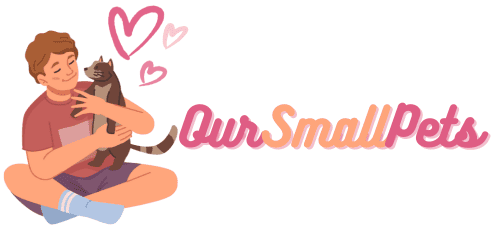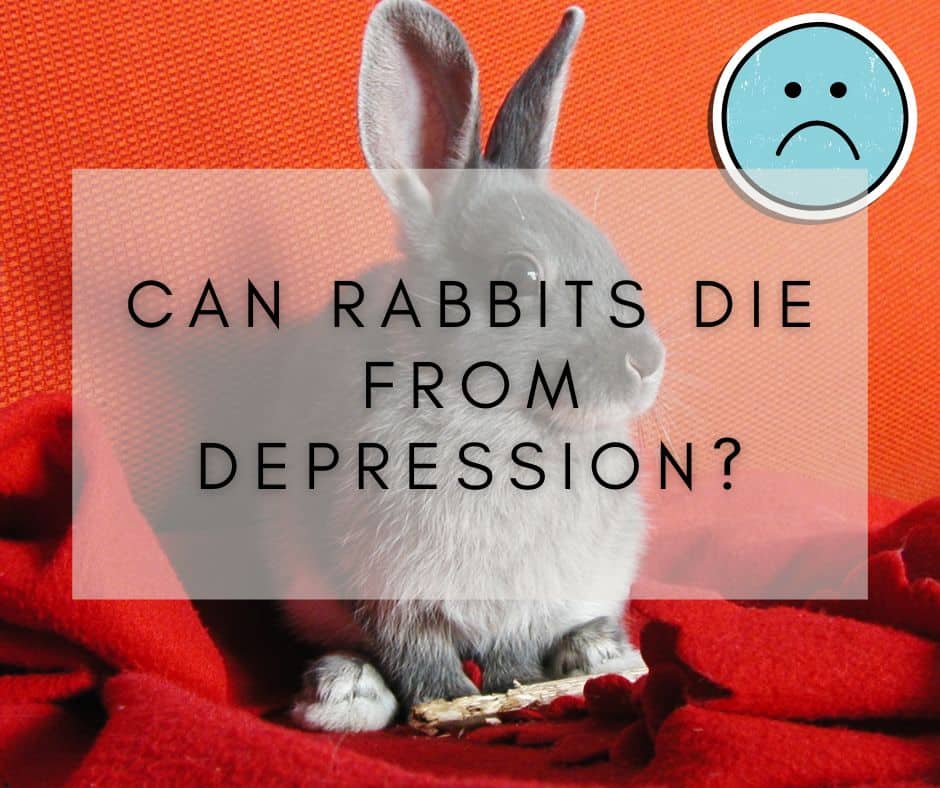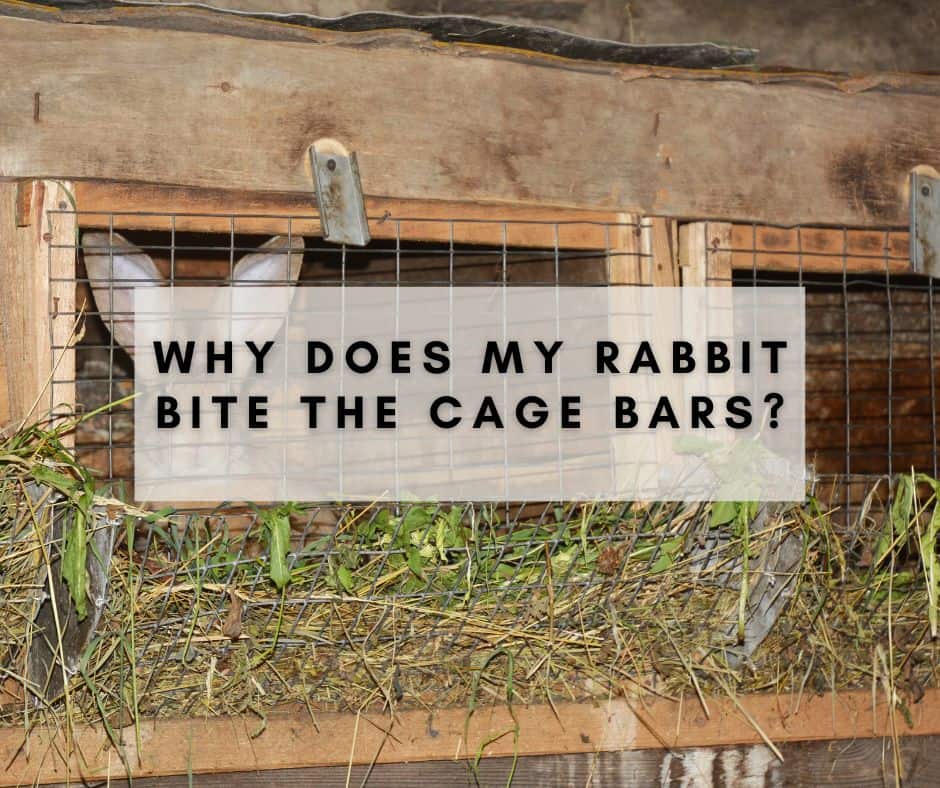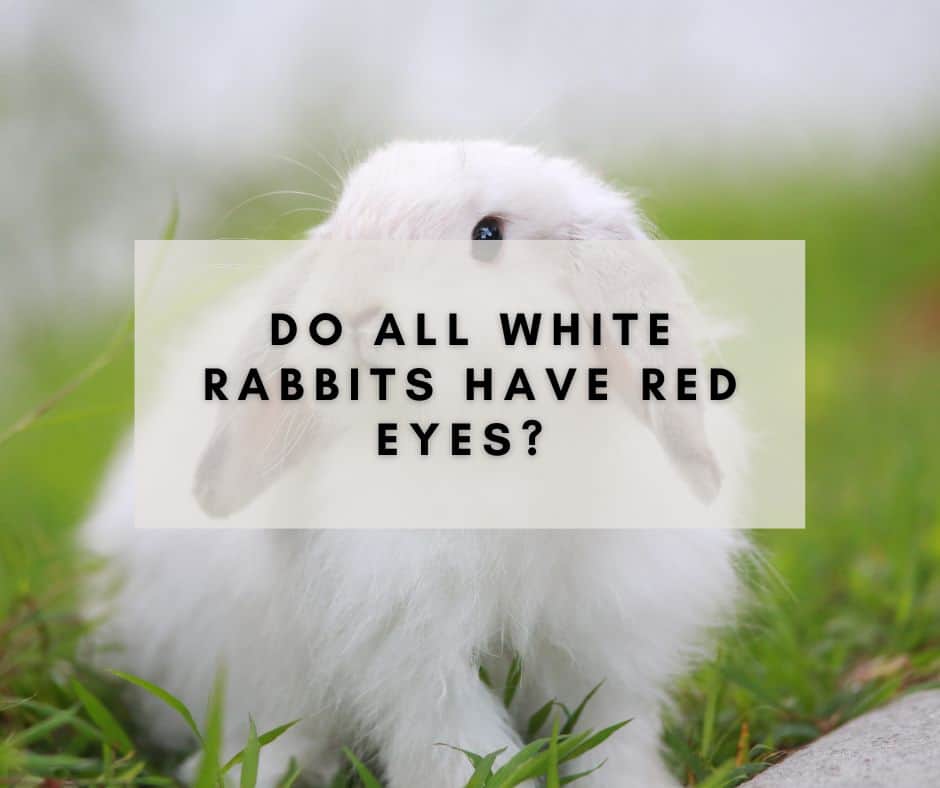A rabbit’s emotional state can affect its longevity, so it’s no surprise that many rabbit owners are wondering if their furry friends can die from depression.
As a matter of fact, pet rabbits can suffer from depression just like any other pet, and it is possible for them to die as a result of this condition.
Depression in rabbits is usually caused by neglect, a lack of socialization or interaction with humans, or being kept in an unsuitable environment. This can lead to psychological distress and physiological changes such as reduced appetite, lack of energy, and reduced grooming.
Contents
Signs of Depression in Rabbits
When a rabbit is feeling depressed, it may exhibit certain behaviors such as loss of appetite, lethargy, and a reluctance to move around.
They may also show signs of increased aggression or start digging into furniture and carpets in an effort to cope with their overwhelming sadness.
If these behaviors go unchecked for a prolonged period of time, the rabbit could eventually succumb to depression-related health issues such as respiratory infection or poor nutrition due to their lack of appetite and movement.
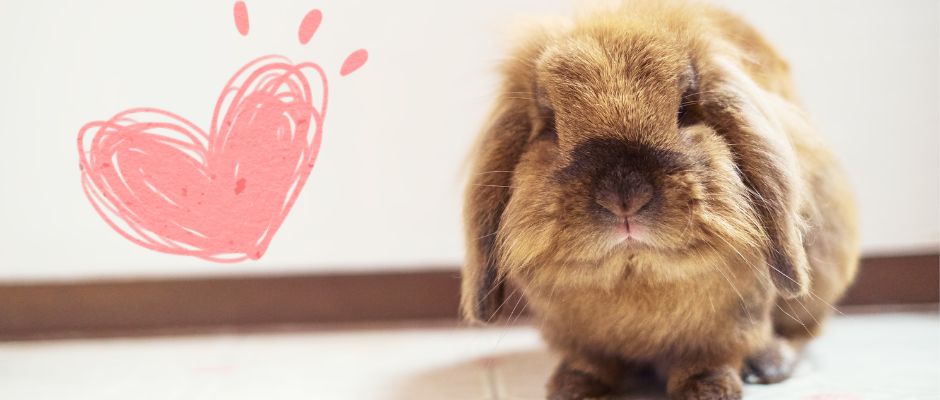
Coping with Depression in Rabbits
There are several steps that owners of depressed rabbits can take to help their pets cope.
First, it’s important to identify what could be causing the rabbit’s distress. This could include anything from dietary changes or environmental factors like loud noises or unfamiliar surroundings.
Secondly, it’s important to provide your rabbit with plenty of mental stimulation in order to keep them active and engaged throughout the day – this could include interactive toys or activities like running through tunnels made out of cardboard boxes!
Finally, make sure your pet has access to a wide variety of healthy foods that will give them plenty of energy and aid in digestion.
Do rabbits get depressed easily?
No, rabbits do not get depressed easily. However, their emotional state can be highly influenced by external factors such as neglect and inadequate living conditions. If these factors persist for a long period of time, then it is possible for the rabbit to become clinically depressed and suffer from health issues related to this condition.
It is therefore important for owners to provide their pet rabbits with a safe and stimulating environment in order to prevent depression.
Additionally, owners should ensure that their rabbit has access to plenty of healthy food and activities each day in order to keep them active and engaged. With the right care and attention, it is possible for a pet rabbit to thrive even in difficult situations.
How Do I Keep my Rabbit Happy?
One of the most important things you can do to keep your rabbit happy is to make sure that it has plenty of space to play, exercise, and explore. A good rule of thumb is to provide a minimum of 10 square feet per adult bunny. If possible, provide a secure outdoor enclosure so that your rabbit can get fresh air and sunshine.
Another important step to keeping your rabbit happy is to provide a healthy diet. Make sure that your bunny has access to plenty of hay and fresh vegetables, as well as high-quality pellets. If possible, offer a variety of fruits and vegetables so that your rabbit can explore different flavors and textures.
Bunnies also need regular grooming and nail trimming to stay healthy and clean. Brush your pet regularly, especially during the shedding season. Doing so will prevent the matting of their fur and make them look better. Nail trims should be done at least every two weeks or as needed since long nails can cause foot pain and other health issues in rabbits.
Finally, make sure to interact with your rabbit regularly. Bunnies are social animals and need attention and stimulation from their owners. Spend time playing, petting, and bonding with your rabbit. This will help build trust between you and your pet, keeping them happy for years to come.
How Does Depression Differ from Humans?
Depression in animals can look different from depression in humans. While humans may experience symptoms such as sadness, hopelessness, and a loss of interest or pleasure in activities they used to enjoy, animals may show signs of depression through changes in their behavior.
These behaviors can include aggression towards other animals or people, excessive vocalizing, over-grooming, lethargy, changes in eating or sleeping habits, and refusing to interact with people or other animals.
Each species of animal may display different signs of depression so it is important to understand the individual needs and behaviors of each animal to recognize signs of the condition.
It is also important to have a trained veterinarian assess any animal that appears to be showing signs of depression. With proper treatment, animals can often return to their normal behavior and states of mind.
Conclusion
Depression is a serious issue for any animal, particularly for rabbits whose lives depend on plenty of physical and emotional stimulation in order to stay healthy.
While it may seem daunting at first, there are many ways you can help your pet cope with their condition – by providing them with lots of love and attention alongside a balanced diet and plenty of entertainment activities!
With the right support system in place, your beloved bunny companion will have nothing holding them back from living a long and happy life full of cuddles!
